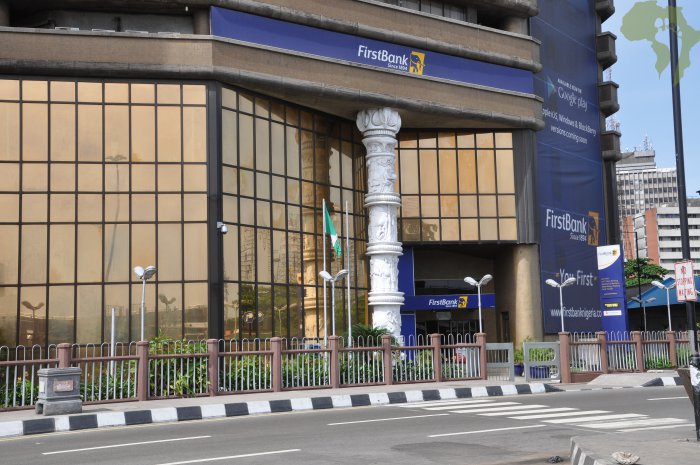A Nigerian transport business manager has returned $7 million paid him mistakenly by First Bank of Nigeria.
The Managing Director of Peace Mass Transit, Dr. Maduka Onyishi was expecting to receive a payment of $3 million into his bank account.
But he realized his account was credited with $10 million instead of $3m which was coming from the Central Bank of Nigeria, through the Unity Bank PLC.
Onyishi said in a statement that “The amount they paid in was N3,219,500,000, but my own money there was N1,000,000,000; so, the balance was not my money.
“I said that I cannot invest this money and be gaining from another person’s money and I can’t also keep it. I can’t keep $7m that doesn’t belong to me.
“I told my bank to pay money into my account that I wanted to take $3m and they paid $10m instead.
“I called them and informed them that the amount they paid to me was more than the amount I requested. They told me that the $10m was my money.”
Returning the money
Onyishi did return the money by presenting a cheque to the First Bank of Nigeria.
He was however unhappy that the bank was aware of the extra payments and wasn’t prepared to act quickly to reconcile its accounts.
“I was angry with them. I asked them how come I had this kind of money and I was not aware of it.
“I discovered later that the amount was even more than what we were talking about because there was another person I asked the bank to pay money to whom they even paid extra,” he said.
In recent months some Nigerians have taken to the attitude of returning missing cash or monies that don’t belong to them.
Such acts have been rewarded and commended by Nigerians.
Source: Africafeeds.com



